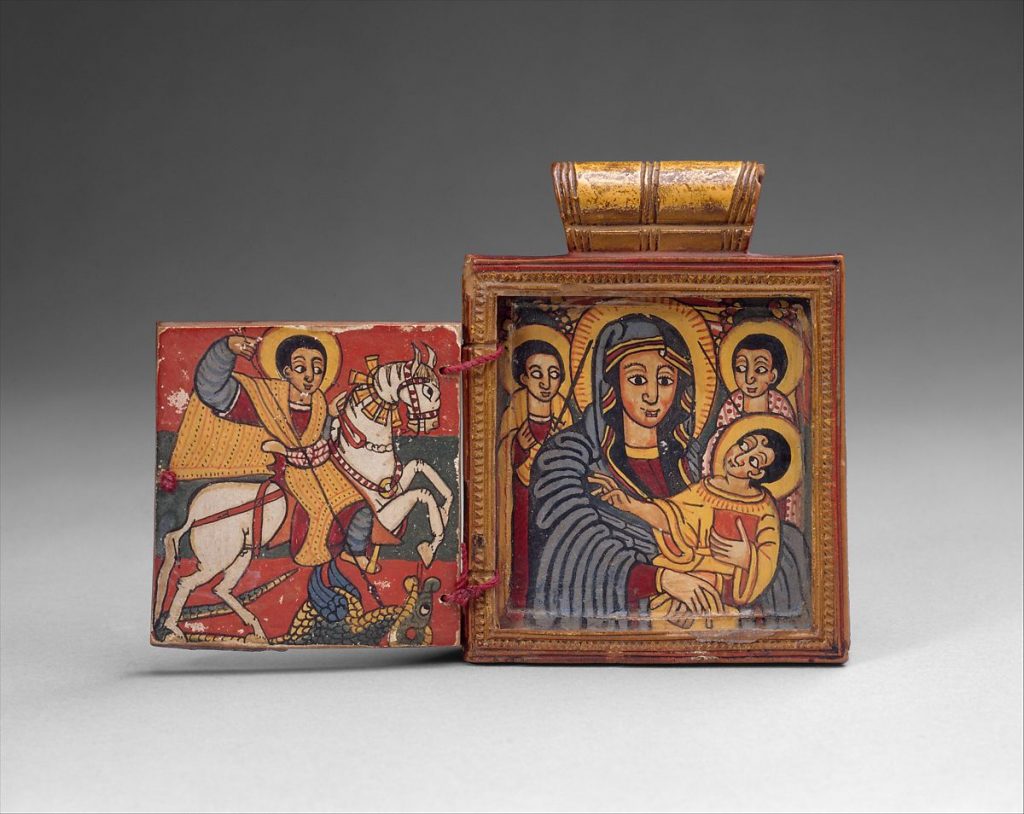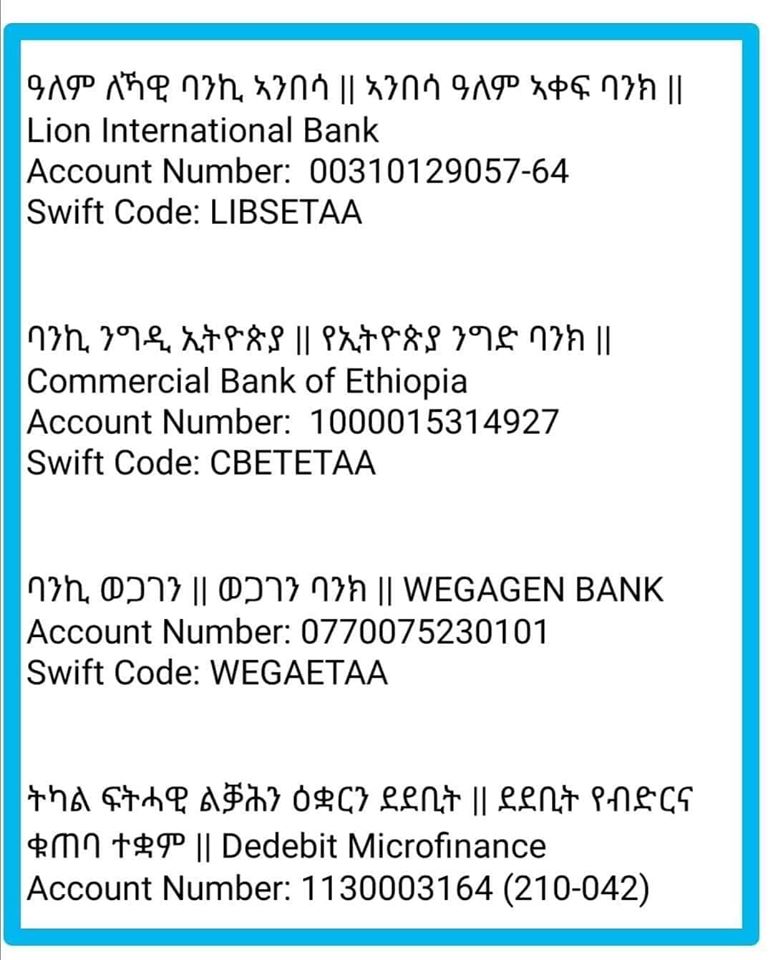
The probable impending crisis of COVID 19 in the medical resource poor country of Ethiopia will likely bring controversies in medical ethics decision making. When we see New York city hospitals pilling hundreds of bodies in refrigerated trucks and having severe shortages of nurses, doctors, and ventilators in the setting of the one of the world’s richest countries what does that predict for Ethiopia. If and when the crisis hits fully we know there will be shortages. Ethiopia spends about $28 per capita yearly on healthcare while the United States spends more than $10,000 per capita yearly.
Yet although the Ministry of Health mandates that each health care facility maintain and review medical ethics standards very few do. Additionally the few documents, such as the Ethiopian Medical Association guidebook on Medical Ethics, and proclamations of the Federal government deal mostly with very general cases of proper behavior.
Real issues such as how patients will be triaged (who gets the ventilator and who does not), should a patient who is “hopeless” be removed with family consent to help someone with a better chance, brain death, etc. remain unclear.
Ethiopia has strong religious convictions in the Orthodox, Muslim, and Protestant communities. How medical ethics questions and distribution of resources are decided will have to take in account the religious and cultural traditions that are unique to Ethiopia. It is better to start these discussions now with community leaders, religious leaders, and academics then rush to make them in the heat of an epidemic.
Donations to benefit the Tigray Regional Health Bureau via the Global Society of Tigray Scholar may be given as below.


